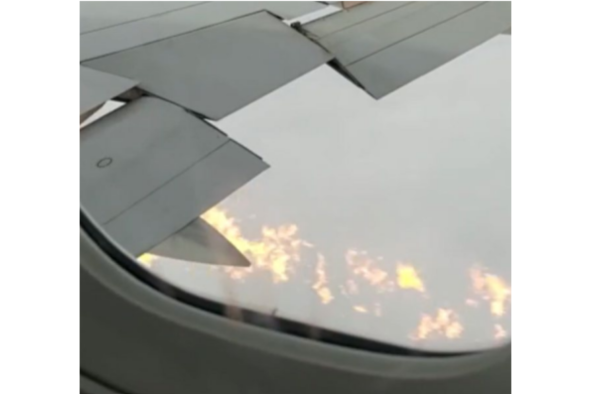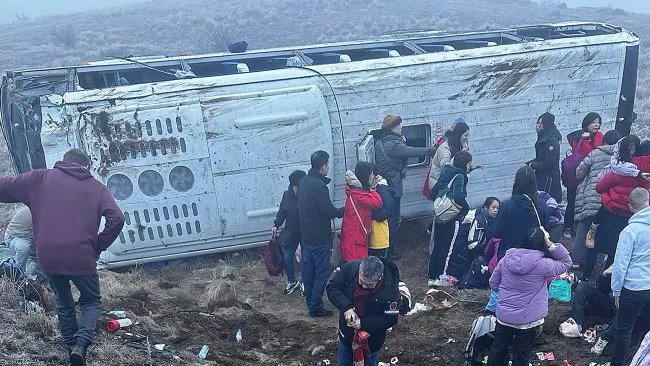South Korea's top diplomat addressed calls in the country to obtain nuclear weapons.
"Those issues in relation to nuclear capabilities need further consideration, beyond (revising) the South Korea-U.S. agreement on peaceful use of nuclear energy," South Korea's Yonhap News Agency quoted Foreign Minister Cho Tae-yul as saying during a parliamentary session on Wednesday.
There is strong public support to develop a nuclear deterrent, recently given voice by a prominent politician, as tensions build with the nuclear-armed North.
Last year, North Korea, estimated to have about 50 warheads, amended its constitution to enshrine nuclear capabilities. In recent months, it has carried out missile tests in defiance of United Nations Security Council resolutions.
The military assistance treaty signed last month by North Korean leader Kim Jong Un and Russian President Vladimir Putin has further increased anxiety in Seoul.
Cho said the issue requires "careful and comprehensive consideration" of economic costs and the international Non-Proliferation Treaty (NPT).
His remark comes after Admiral Samuel Paparo, head of the U.S. Indo-Pacific Command, told South Korean reporters earlier this month that Seoul could acquire nuclear-powered submarines in the future if it and Washington deem it necessary. He emphasized that it is not necessary at this time.
Cho told lawmakers he views Paparo's comment as hypothetical and stressed that pursuing nuclear weapons is not the position of President Yoon Suk Yeol's administration.
"At this stage, strengthening the (American) nuclear deterrence is the most realistic and desirable policy option," he said, per Yonhap.
President Yoon last year floated the idea of developing nuclear weapons if North-South relations did not improve.
Newsweek reached out to the South Korean embassy in the United States and the North Korean embassy in China for comment.
Seoul abandoned its nascent program to develop nuclear weapons when it ratified the NPT in 1975. The U.S. stationed nuclear weapons on South Korean soil from 1958 until 1991, when they were withdrawn, but Washington maintains its "nuclear umbrella" over the ally.
However, two-thirds of South Koreans now favor going nuclear, according to a poll released three weeks ago by the government-funded Korea Institute for National Unification. The number of South Koreans who believe the capability is necessary is up 6 percent from last year.
Meanwhile, about 67 percent of South Koreans expressed confidence in Washington's nuclear umbrella policy, though this is a five percent decrease from last year.
South Korea's Defense Ministry on Sunday echoed an earlier pledge by U.S. President Joe Biden that nuclear weapons use by the North would herald the end of the Kim regime.
Disclaimer: The copyright of this article belongs to the original author. Reposting this article is solely for the purpose of information dissemination and does not constitute any investment advice. If there is any infringement, please contact us immediately. We will make corrections or deletions as necessary. Thank you.




